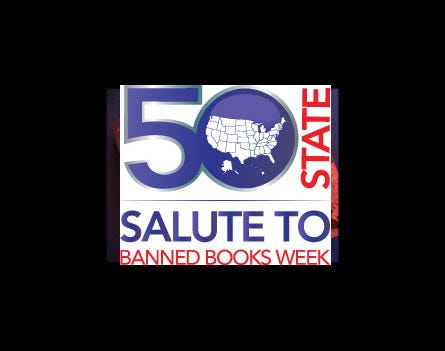
This year marks the 30th anniversary of the Freedom to Read celebration, otherwise known as Banned Books Week. The American Library Association began this annual event in response to concerns about book censorship and challenges. The U.S. has always had challengers and censors of various reading material. From “Catch-22” to “Gone with the Wind,” and “The Grapes of Wrath” to “Grimm’s Fairy Tales,” it may surprise you which books have been challenged throughout the years.
Some challenges come from good intentions to protect people, especially children, from reading materials considered unfit. Other challenges have come from those who want certain information completely unavailable to all people, obliterating certain knowledge from being part of the history of literature. These actions, even if well intentioned, tell us that we, as a democratic society, do not possess the intellect or right to choose to read what we wish to read.
As a public library, the staff and director try to put aside our personal beliefs when choosing books for our collection and have the confidence that people will choose for themselves and their children information they enjoy and learn from. The idea of intellectual freedom is a beautiful one, not to be hindered or taken for granted.
Express your freedom today: drop by the library and check out a book from our Banned Books display!
STAFF PICK
"Anne Frank: The Diary of a Young Girl": Anne Frank’s diary was discovered by Miep Gies shortly after her family was arrested and deported to concentration camps. After the war, Anne’s father, Otto Frank, received Anne’s diary from Miep. He later decided to have it published, despite Anne’s wish for it not to be read by others.
Mr. Frank decided to edit certain passages and phrasing from her diary. The edited version is the version most widely read. Still, Anne’s writing reflects her inner conflicts, perceptiveness and love of life. Mr. Frank had not realized his daughter to have such depth of thought.
Anne was a normal teenager who started to come of age under horrific circumstances. Her dreams of the future hint that she was not anticipating that her life would be cut tragically short. This is the impact that her diary has given to the world: that a child without guise or guilt was sentenced to have never realized her dreams.
Marie Garcia is assistant director at the Crestview Public Library on Commerce Drive.
This article originally appeared on Crestview News Bulletin: Banned Books Week is Sept. 30 – Oct. 6
